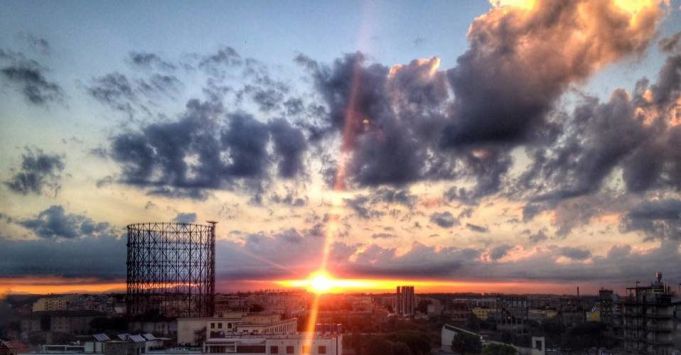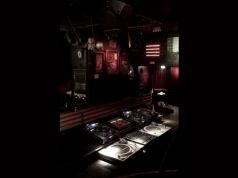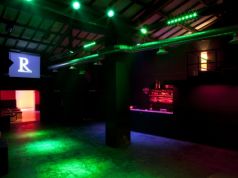Ostiense district
In the 19th century Ostiense was the industrial heart of Rome but today it is a bustling multi-ethnic neighbourhood whose cheap rents and proximity to the centre make it popular with foreign residents. It lies in the shadow of the massive cylindrical gasometer and is framed by Rome's pyramid, the river Tiber and the busy Cristoforo Colombo motorway.
Although large parts of the district are still drab, Ostiense has been given a splash of colour in recent years thanks to its central role in Rome's street art movement. In addition to bars and restaurants, the area is best known for its lively alternative music scene and the Eataly outlet, but less known for its under-visited Centrale Montemartini museum. It also has a wealth of modern architecture such as the futuristic “Cobra” bridge connecting to neighbouring Garbatella, and the urban regeneration project at the ex-Mercati Generali site whose multi-purpose redevelopment will include buildings for Roma Tre university.
Ostiense has a more sombre side too: the Non-Catholic cemetery, which contains the graves of Keats and Shelley among other foreign luminaries, lies on the border with Testaccio, near the pyramid. The district is served extremely well by public transport, with trains from the large Ostiense station, as well as the Metro B and Ostia train line at Piramide station, and numerous buses.
General Info
View on Map
Ostiense district
Ostiense, Rome





















